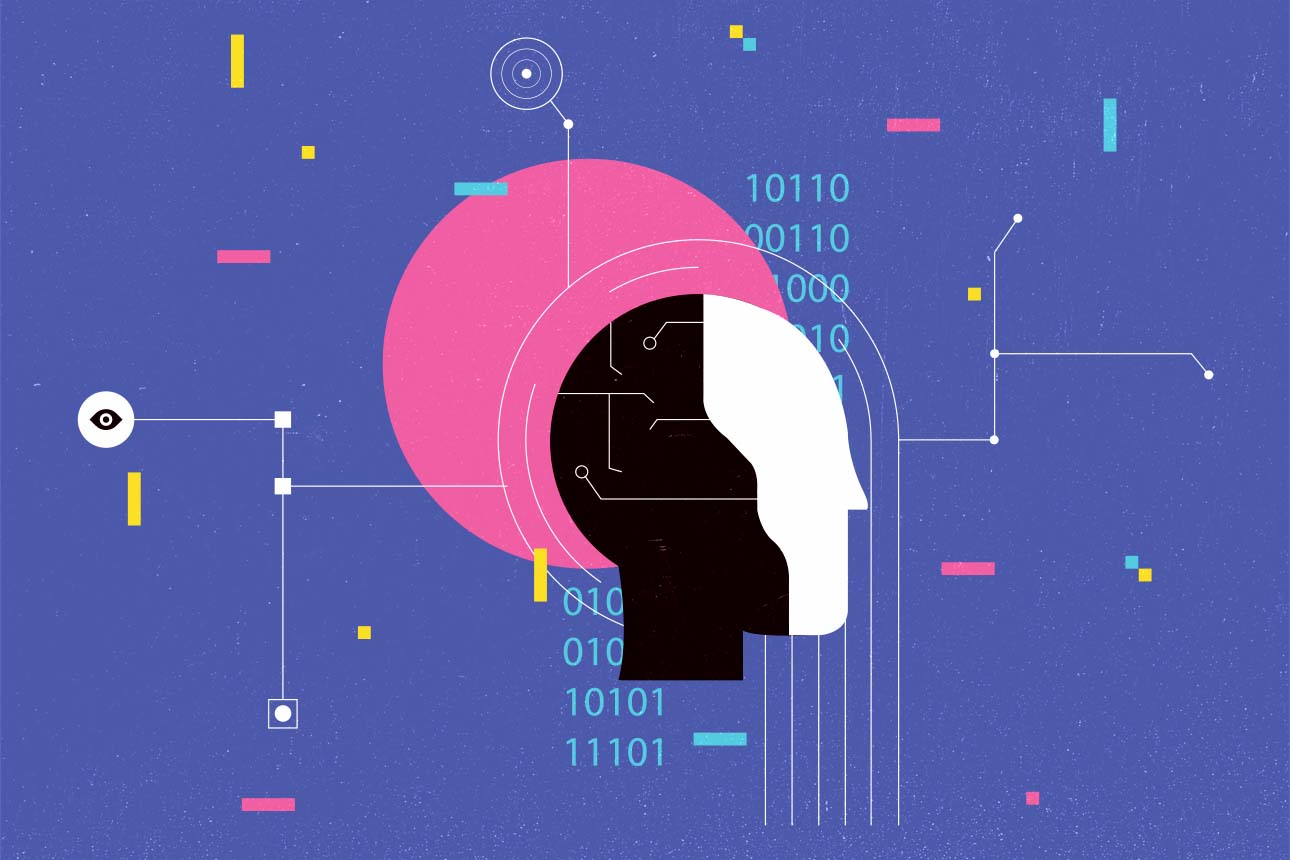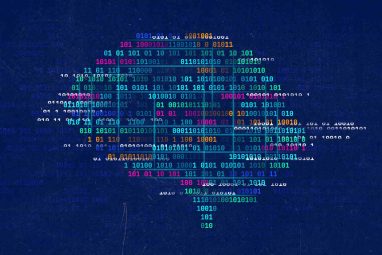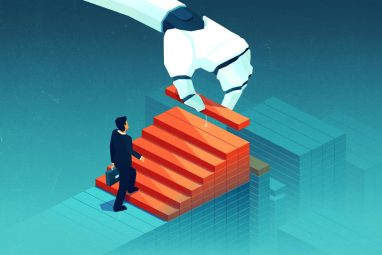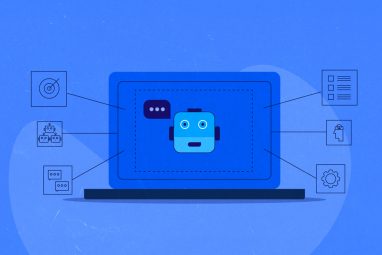Governance for Resilience in the Era of GenAI
Experts at the MIT SMR Connections boardroom discuss GenAI’s transformative potential in governance, stressing the need for ethical oversight, collaboration, and strategic investments for long-term success in the public sector.
News
- Identity-based Attacks Account for 60% of Leading Cyber Threats, Report Finds
- CERN and Pure Storage Partner to Power Data Innovation in High-Energy Physics
- CyberArk Launches New Machine Identity Security Platform to Protect Cloud Workloads
- Why Cloud Security Is Breaking — And How Leaders Can Fix It
- IBM z17 Mainframe to Power AI Adoption at Scale
- Global GenAI Spending to Hit $644 Billion by 2025, Gartner Projects

[Image source: Krishna Prasad/MITSMR Middle East]
Generative AI (GenAI) has swiftly evolved from a promising concept to a transformative force in government operations, from driving tangible improvements in workflows and to enhancing citizen services. Across the globe, governments are adopting this technology to streamline processes, enhance public engagement, and build trust through innovative solutions.
During the recent MIT SMR Connections boardroom, Governance for Resilience in the Era of GenAI, hosted in partnership with SAS, public sector leaders emphasized that while GenAI is already driving significant transformation, its long-term success depends on addressing critical ethical, practical, and collaborative challenges, as well as the role of human oversight in GenAI deployment was another focal point. Examples from the UAE, such as 04, a unified customer platform that connects Dubai residents with government services, and AI71, an applied research team focused on developing responsible and practical AI solutions, were highlighted during the session.
Michel Ghorayeb, Managing Director of SAS UAE, stressed the importance of collaboration and feedback loops between technology vendors and government agencies in ensuring a holistic approach is taken to achieve success. “What is important now is the awareness and education part that we’re bringing to these conversations. Expertise, use cases, and best practices are key to evolving together,” he said. Overall, integrating GenAI into business applications seamlessly and ensuring governance by design builds the foundations for long-term success.
Transformative Applications and ROI Insights
Ahmed Al Hammadi, Principal Researcher at the Technology Innovation Institute (TII), highlighted the institute’s advancements with Falcon large language models. Since releasing Falcon in May 2023 and Falcon Mamba in September 2024, TII has addressed challenges like hallucinations and user adoption. “We are optimistic about large language models and their massive potential in the future,” said Al Hammadi. He also emphasized the ongoing work to enhance reasoning capabilities and integrate multimodal functionalities, expanding beyond text to include other data types.
Manish Vaidya, Head of Technology at the Department of Culture and Tourism, discussed how GenAI is enabling a “multi-agent approach” to improve tourist experiences. “We are exploring everything GenAI can do, not only in language but also in image generation and other modalities,” he said. These innovations are driving smarter, more seamless interactions in the tourism sector.
Similarly, Dubai Customs has successfully deployed several AI initiatives in production. Nazih Faraj, Senior IT Excellence Specialist, expressed optimism about using GenAI to create impactful solutions in the coming years. “We look forward to developing something truly useful and pressing with GenAI,” Faraj shared.
One of the primary concerns for public sector leaders is ensuring meaningful returns on investment (ROI) from GenAI implementations. Ali Alhammadi, Analytics and Data Science Section Head at the Department of Government Enablement, emphasized the importance of collaboration. “Working in conjunction with technology providers, academia, and private and public sectors is critical for activating and enabling an ecosystem of choice for AI and LLM initiatives,” he noted. This structured approach ensures that investments are both strategic and impactful.
Ethical and Collaborative Governance
Reece Clifford, Data & Analytics Advisor at SAS highlighted the significance of bridging the gap between technological capabilities and real-world needs. “Understanding where challenges lie and aligning them with practical solutions is crucial, allowing organizations to determine enterprise vs use case specific applications and the relevant KPIs for each,” Clifford remarked.
Ethical considerations remain paramount in the conversation about GenAI’s integration into public services. Dubai Customs underscored the need for proactive governance frameworks to mitigate issues like AI hallucinations. “Governing AI ethics is often overlooked during development, but it is crucial for maintaining trust,” said Faraj.
The Executive Council of Dubai provided a compelling example of using GenAI for internal policy identification and understanding. These tools streamline complex processes, showcasing how GenAI can be a transformative asset in governance while adhering to ethical standards.
AI hallucinations—erroneous or fabricated outputs generated by models—pose significant challenges to trust and reliability. Addressing this issue, Al Hammadi noted TII’s ongoing efforts to improve fact verification and reduce hallucinations in Falcon models. “It’s vital to ensure that these technologies are accessible to the public without reinforcing digital segregation,” he stated.
Celal Kavuklu, Head of Pre-Sales at SAS, emphasized the collective approach required to address challenges in GenAI implementation. “There is no single answer to all the questions and challenges. Our role is to keep collaborating, understanding these challenges, and finding solutions together to overcome them and progress collectively,” he stated.
As GenAI continues to redefine the capabilities and requirements of modern governance, public sector leaders must adopt a collaborative approach to navigate its complexities.
“This journey is about understanding challenges and finding collective solutions,” said Ghorayeb, emphasizing the need for an iterative, inclusive process focusing on more than just the technology.





